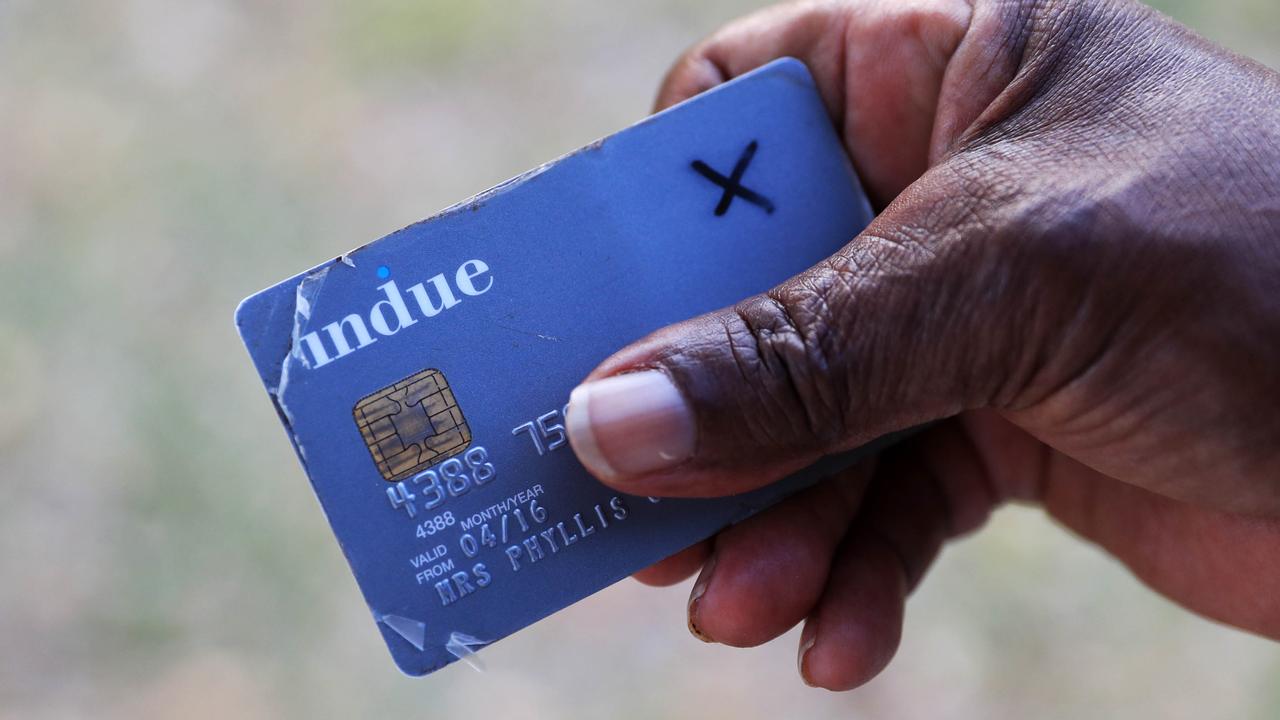Disgust at NSW indigenous schools system
NSW Education Minister Adrian Piccoli says the school system is failing Aborigines.
THE minister responsible for educating the highest number of indigenous students in Australia says the school system is failing Aborigines, who are being "treated like rubbish" by the community.
NSW Education Minister Adrian Piccoli yesterday invited people to "hound him" on the issue as he decried the lower standard of education provided to indigenous students in the state - conditions that would never be accepted in the city.
Mr Piccoli told The Australian he was angered by the decaying buildings he had visited on a tour of some of the state's remote schools this month and the lack of opportunities for students, citing one school where an annual excursion involved a round trip of several hundred kilometres to McDonald's.
He named Walgett High School in far northwest NSW as "the worst school physically I've seen", in an "appalling condition" with "disgusting toilets", exposed wiring, disconnected downpipes and a hole in the roof that had been unrepaired for about a year. Built for 500 students, Walgett High now has about 100, but Mr Piccoli said only 30 to 50 students turned up on any given day and most of the school looked derelict.
"These schools would never be in this condition if they were in Sydney," he said yesterday.
"They're a long way away, out of sight and out of mind, and as such I think historically we have applied a different standard to them. We are happy to let standards slip when Aboriginal communities and people are involved, where we wouldn't otherwise let those standards slip.
"One of the things that really irritates me as minister is that I am hounded on issues like ethics classes when as Minister of Education I should be hounded about schools like Wilcannia and Walgett and Brewarrina. I get hounded about the wrong things. I'm inviting myself to be hounded (about indigenous education)."
Mr Piccoli, who has been in the portfolio since the election of the O'Farrell government in early 2011, highlighted the issue in parliament last week, saying: "I think it is true to say that we as a community have treated Aboriginal people like rubbish, particularly those in some remote communities where they are hidden from view.
"There is not in those schools a culture of high expectations regarding Aboriginal students' performance."
Mr Piccoli asked a class of Year 6 students at Walgett how many planned to go on to Year 12; half the students raised their hands. Even students showing the ambition and promise for further education are stymied by a culture of low expectations, with the school at Wilcannia, near Broken Hill, last year not offering an English subject that would qualify its students for university.
As Education Minister in the nation's most populous state, Mr Piccoli oversees the biggest education system in the southern hemisphere, and NSW has the largest Aboriginal population and the greatest number of indigenous school students.
He said the government was about to release a rural and remote education strategy designed to tackle some of these issues, including the curriculum choices offered, building on its Connected Communities strategy, launched last year in 15 schools.
The strategy aims to develop schools into community hubs, integrating education, health and community services and appointing hand-picked executive principals on high salaries to oversee the combined services and build relationships with the local community. Mr Piccoli said the NSW government was about to spend tens of millions of dollars refurbishing and repairing the 15 schools, to bring them up to the standard of schools elsewhere in the state. "For Connected Communities, we have picked some of the most challenging schools in the state. I came back from visiting five of these schools really angry about it. It hasn't really been on anyone's agenda for a long time."
He said Moree East Public, where almost 90 per cent of students were indigenous, was "in a deplorable state" but Moree Public on the other side of town, where only 35 per cent of students are indigenous, was "a terrific-looking primary school" like any across the state.
The executive principal at Walgett, Richard Rule, who oversees the primary and high schools, said he "couldn't believe my eyes" on arriving at the start of the year.
"The physical condition of the schools was like nothing I'd ever seen in 40-odd years in education.
"I'd never seen a school in such a poor state of decay."
Mr Rule, lured out of retirement after stepping down as principal of Asquith, in Sydney's north, said his aim was to develop structures and process in the school to "principal-proof" the schools.
"I want to set up arrangements that will survive the departures of various principals and teachers so the community has strong ownership of what happens in that school (and) so when new people come in they can't change it around to suit themselves."
To this end, he has established a community reference group comprising local organisations and community members to act as a bridge between the school and the wider community, and appointed an instructional leader to focus on teaching literacy and numeracy, particularly in the early years.
"We have high expectations of Aboriginal children being good at sport, dance and music; why aren't we applying the same measure to their learning?"


